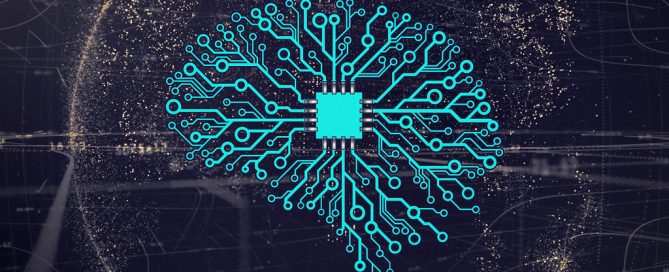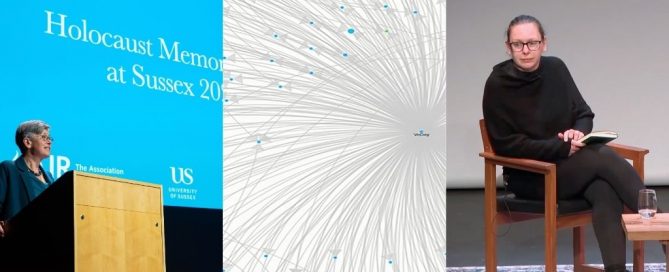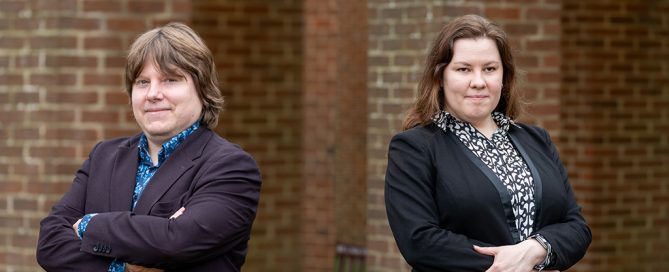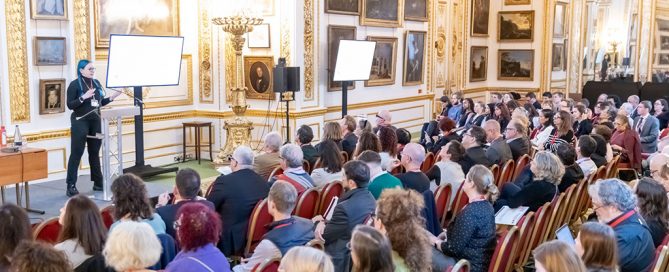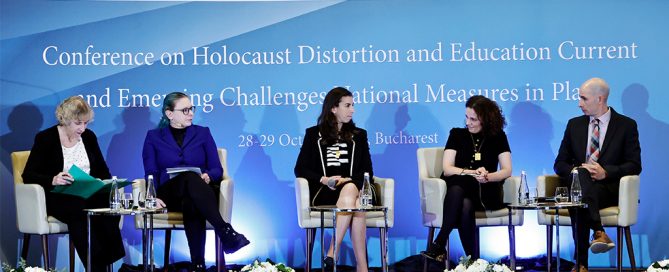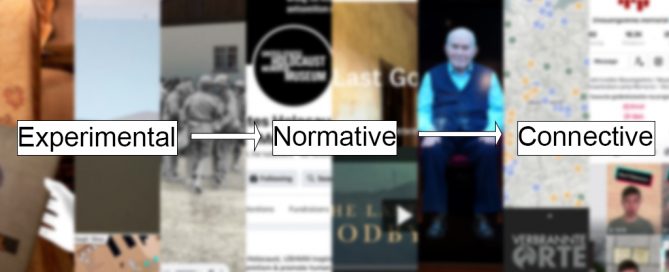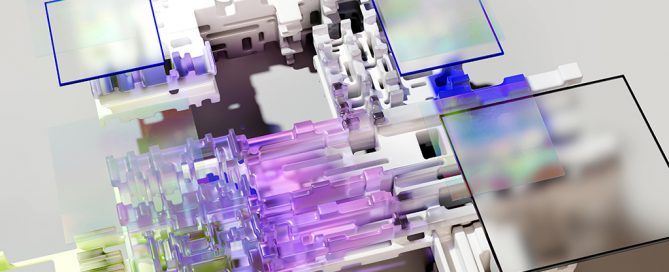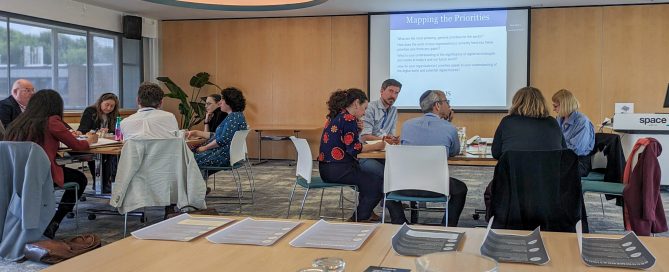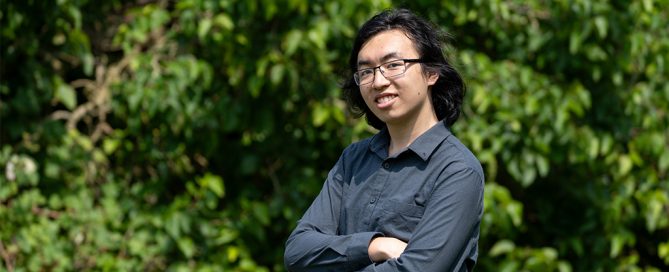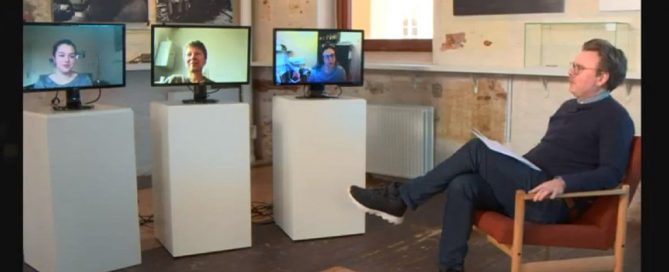Imagining Human-AI Memory Symbiosis
By Prof. Victoria Grace Richardson-Walden, Director, Landecker Digital Memory Lab The editors of a recent journal special issue asked, ‘Is AI the Future of Collective Memory?’. Our Director and co-author Mykola Makhortykh were invited to answer this poignant question. The Problem of Anthropomorphism At the heart of our contribution to the special issue was an interrogation of the problem of anthropomorphism of AI. That is – the problem of describing AI using terms related to human activity to the extent that we tend to think about it as like us or even potentially better at doing human things than us. In the tech industry and in academic fields concerned with AI development, the narrative of artificial general intelligence (or ‘super’ intelligence) based on but one day superseding human cognitive capabilities served as a useful myth through which to market models and to attract vast levels of funding. This challenge has not simply come from critical thinkers in the humanities and sceptics, but from AI pioneers themselves, notably Nils Nilsson and Jaron Lanier. We took the question posed to us by the special issue’s editors Frédéric Clavert and Sarah Gensburger: ‘Is AI the Future of Collective Memory?’ and spun it [...]
